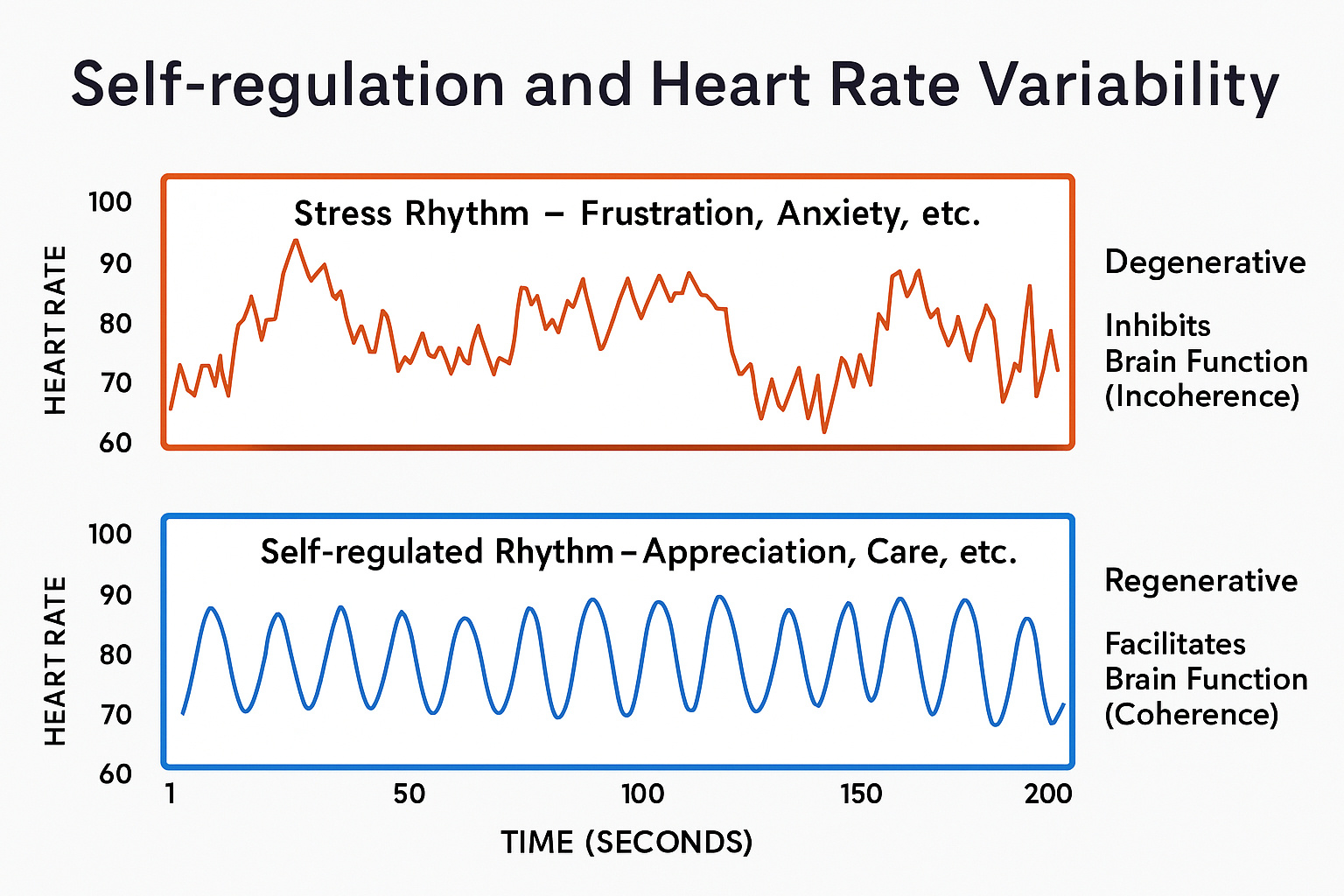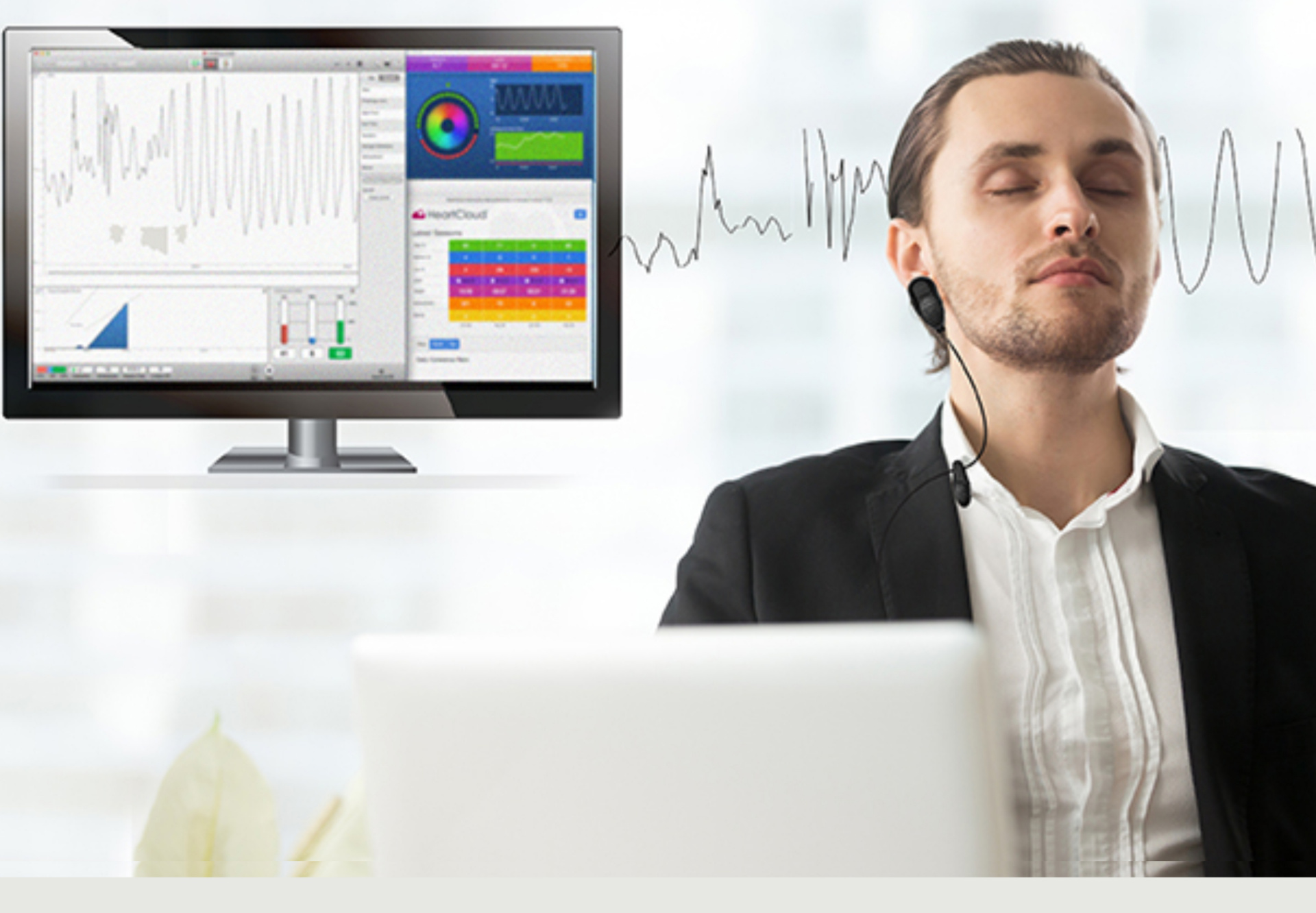Evidence-based support for stress, anxiety, and emotional regulation—without medication.
What Is Biofeedback Therapy?
Biofeedback is a safe, non-invasive approach that teaches you how to regulate your body’s response to stress using real-time feedback from your physiology.
By tracking your heart rate variability (HRV)—a key indicator of your nervous system health—biofeedback sessions help you recognize how stress affects your body and mind. With guided breathing and mental focus techniques, you’ll learn to shift into a state of calm, clarity, and emotional control.
How Biofeedback Works
Each session includes:
- Real-time monitoring of your HRV using advanced sensor technology
- Visual feedback so you can see your stress levels and progress
- Breathing and focus techniques to shift your nervous system into a balanced, coherent state
- Guided coaching to help you master emotional regulation strategies you can use anytime—at work, in relationships, or during tough moments
Over time, biofeedback helps you rewire how your body reacts to stress—giving you long-term tools for well-being.





